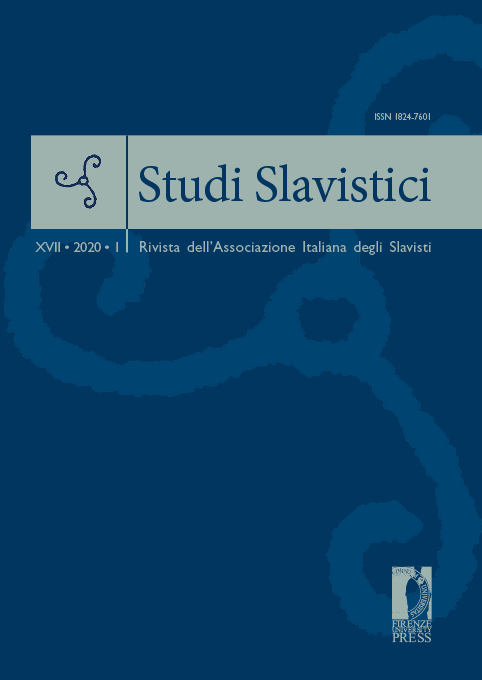Published 2020-05-20
Keywords
- Cicero,
- Rhetoric,
- Ukrainian Literature,
- Kyiv-Mohyla Academy,
- Tymofiy Aleksandrovyč
- Manuductio (1736) ...More
Abstract
The article explores Cicero’s reception in the Ukrainian handwritten manual of eloquence Manuductio (1736). Presumably, this school rhetoric manual was created by Tymofiy Aleksandrovyč, a graduate and later teacher of the Kyiv-Mohyla Academy. In tune with the spirit of the times, the author of the course highly appreciated Cicero and advised his listeners to imitate the Roman speaker.
In the rhetoric manual, 185 quotations from 52 works of Cicero and 15 letters are highlighted. This is more than a third of all cases of quoting in the manual. The most widely represented are political speeches (75 quotations from 26 speeches), with a significant amount from judicial speeches as well (65 quotations from 16 speeches). Tymofiy Aleksandrovyč refers to Cicero’s 42 speeches out of 88 recorded and 58 surviving in full or in significant fragments. It testifies to the interest in Cicero the politician and Cicero the lawyer. As a theorist of eloquence, a philosopher and a private individual, the Roman orator is less represented. We believe that such a selection of illustrative material is not accidental – students of the course were aimed at a political career.
Quotations from Cicero are found mainly in the first book of Manuductio (1736); two thirds of which are in the section on style. Tymofiy Aleksandrovyč highlights the stylistic skill of the Roman orator first of all: many examples illustrate tropes, figures of speeches and thoughts. The texts of Cicero in the Ukrainian textbook are often interrupted by comments. Explaining the nuances of rhetoric with classic examples, the teacher taught the subject and formed the personality at the same time. The article argues that Tymofiy Aleksandrovyč attempted to make “worthy men” out of his students by using examples from Cicero.


